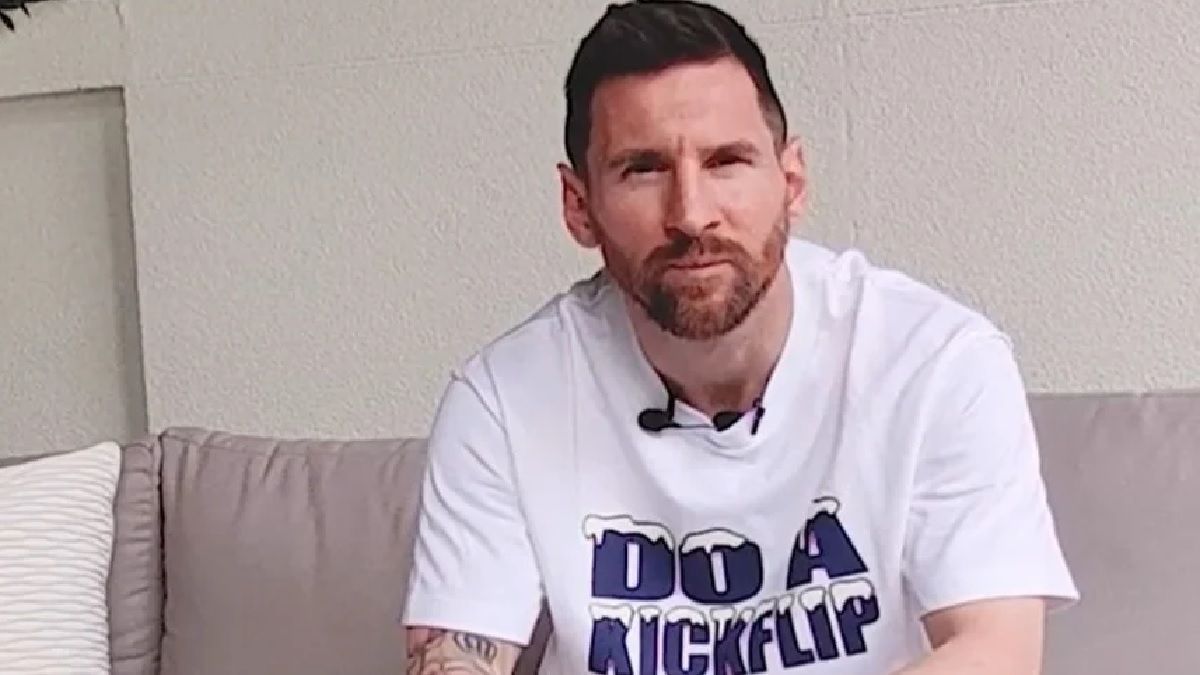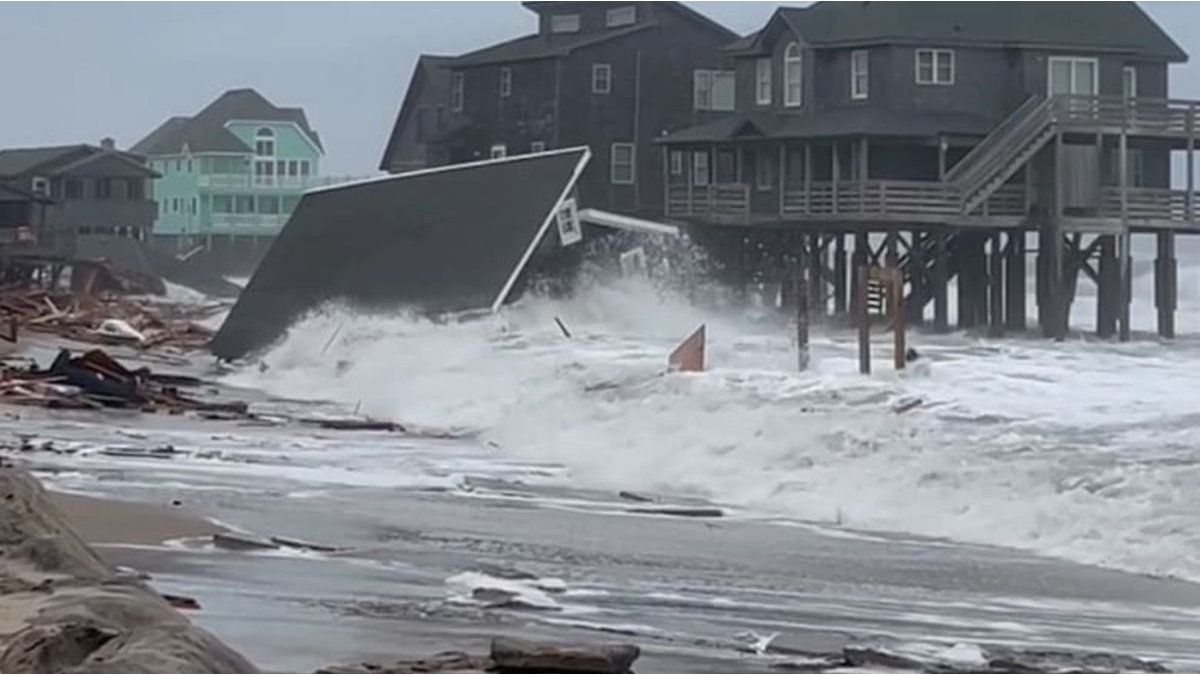“I made the decision that I am going to go to Miami”. Lionel Messi’s phrase during the interview with Sport and Mundo Deportivo resounded in the world of football, although the versions in networks and media that circulated, prior to his word, took for granted his arrival at Inter in the Major League Soccer (MLS). The confirmation of the soccer player was a certainty – practically the only one – for Twitter users, who had already seen, in a matter of hours and inaccurate information, the “directed return of the 10 to Barcelona”, or the “movement to Saudi Arabia”, of great economic power.
A sign of this time. The networks seem to push some communicators to provide certain data that did not go through the basic verification process necessary to be published, which, by the way, the platform should not matter: valid for the paper newspaper 100 years ago or for Instagram in the middle of 2023.
The truth is that it is not a local phenomenon and this case demonstrates it: from Argentina we follow what the networks reflected in Europe, with the belief that the closer the facts, the greater the truth. Well, it wasn’t like that.
Running after the news is at the heart of journalism, it has been that way for centuries and it doesn’t have to change. However, when the task of publishing is reduced to a handful of characters and the possibility of a clickspeed should not be the aspect most valued by a journalist, not even when Twitter is -or was, after several updates-, synonymous with speed, minute by minute. At the risk of falling into utopian idealism, The criterion that should prevail today should be, more than ever, that of credibility; above all because it is a distinctive quality today, not only for the good exercise of the profession.
The thing is the value of the scoop seems to have lost ground in the face of the constant stimulus of information and content to which we have been exposed for several years now and that, far from decreasing, each time increases at a faster rate. In other words, it is almost imperceptible to determine who was the exclusive owner due to the absolute bombardment of information —true or of dubious origin— to which we are exposed by the simple fact of being consumers. Riding the wave of speed and instantaneity, without the necessary verification, generates confusion and even satiety in audiences, in exchange for little recognition: who can determine, for sure, which media outlet or journalist was the first to publish that Messi had chosen to go to Inter Miami?
It’s not free
The feeling that everything passes by on social networks can lead to confusion. It is true that, given the avalanche of communicators and specialized accounts, some failures or inaccuracies may go “unnoticed”. Although also, the participants of these networks themselves —especially on Twitter— tend to be vigilant and punish those who produce these errors and generate misinformation; not for nothing we put the quotation mark.
It is not only casual and unknown users, but sometimes also institutions. Given Messi’s own confirmation of his new destination, and although contract details still remain, Inter was almost forced to publish a video before the arrival of the crack. How did she introduce it? With a series of posts by journalists and the media stating that the Argentine was going to Barcelona or preferred the option that Arabia provided with his millions. The images were celebrated by consumers of information on networks who, evidently, still value true information more than inaccurate scoop.
Professor of the Technique in Sports Journalism at UADE
Source: Ambito
David William is a talented author who has made a name for himself in the world of writing. He is a professional author who writes on a wide range of topics, from general interest to opinion news. David is currently working as a writer at 24 hours worlds where he brings his unique perspective and in-depth research to his articles, making them both informative and engaging.




